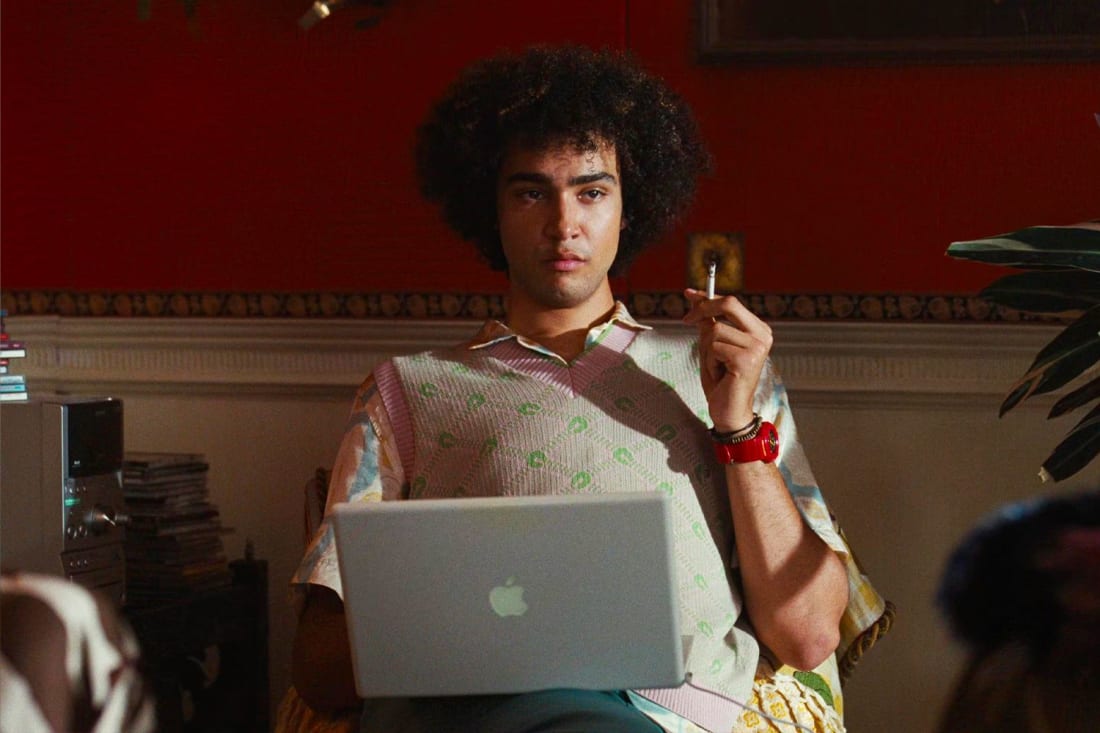How to Dump a Therapist
Therapy has hit the mainstream, but what happens when your sessions start hitting different?
Therapy has hit the mainstream, but what happens when your sessions start hitting different?
Having been in therapy for nine years, and as a passionate advocate of the practice, I was delighted to be asked to write this piece. While I certainly know more than most about the ‘talking cure’, it quickly dawned on me that I'm probably not the best person to work on it. Why? For the entirety of my near decade of psychotherapy, I’ve been working with exactly the same therapist.
It got me thinking about why I’ve stuck with the same person for so long. After all, from what I understand, the therapeutic container is supposed to be symbolic of our wider relational dynamics. Does my failure to dump my therapist tell me something important about my personal relationships? Is dumping a therapist a good thing? When do we know it’s the right time? Endings are not always easy, but can be good, so how do we go about doing it well?
With increases in mental health issues, as well as destigmatizing awareness campaigns, there has not only been a marked uptick in therapy in recent years, but also a broader cultural shift towards the adoption of therapeutic practices in society-at-large.
From the adoption of “therapy speak” to the rise of the Instagram therapist, it certainly feels like therapy has hit the mainstream. The landscape of the practice has changed, losing its negative associations. Today, therapy is embraced by many more of us who are, understandably, seeking emotional resolve. But what actually is it? And how do we go about finding a good therapist?
“Therapy is a bounded relationship which helps you understand yourself and work through emotional issues” explains Charlotte Fox Weber, psychotherapist & author of upcoming book What We Want. “It’s like an emotional laboratory for testing out ways of relating to yourself and others” she tells Woo, explaining that the way we experience our therapist can be helpful in understanding our “layers of relating” in broader life.
“In a safe therapeutic space, you can look at the here-and-now as a microcosm for what it’s like to be you.” she continues, explaining that a healthy therapy dynamic should give you a chance to confront hidden parts of yourself. The process is supposed to be collaborative, insightful and reparative. An effective therapeutic relationship has respect, connection and a sense of possibility, as Weber puts it “an alliance” with your therapist, is essential.
In my nine and a half years I’ve never really questioned the strength of the alliance between myself and my therapist. I’ve always felt respected, connected and as though there is always more insight to explore. However, this is not true for everyone.
Fox Weber tells me about “an awful” joke in psychoanalysis that the customer is always wrong. But this is of course not the case. Much like most relationships, mutuality and reciprocity are key to a healthy therapeutic dynamic. “Ideally therapy is a shared process of discovery and learning, and though it’s asymmetrical in focus and expertise, a good therapist can ideally acknowledge missteps and flaws.”
But when is the right time to dump a therapist? It’s all subjective, so there is no clear therapeutic “red flag” to look out for. Nonetheless, taking a self-reflective approach to your dynamic could help. If you don’t like your therapist, it may be that you’re projecting, unconsciously taking unwanted emotions that you don't like about yourself and attributing them to someone else, or re-enacting dynamics from your life.
A first step is to think about why you dislike your therapist, Fox Weber explains. “Is it because the work feels challenging and uncomfortable? Or is it simply useless and frustrating?” Whatever the reasoning, it’s helpful to first consider whether or not you can change your mind.
While I welcomed the challenge when I first started therapy I definitely found relating to my therapist weird. It’s such a unique dynamic; sharing so much about yourself with someone you know so little about is very uncomfortable. But I soon embraced the weirdness, and after some time actually began to love the asymmetry. A therapeutic relationship holds a separateness to one’s real life, and if you can get on board with it, you can reap the rewards of such a dynamic.
“Sometimes it’s possible to work through a first impression and get to the other side.” explains Fox Weber “But the therapeutic process is intensely personal and idiosyncratic.” While therapy should certainly challenge us and push us beyond our comfort, it should not be torturous. If you can’t stand your therapist, you should dump them.
And sometimes it just doesn’t work out on both sides. Stephanie told me about an experience she had where it was in fact her therapist who decided to end things. Their therapist felt there was little more they could help them with. While the immediate concerns Stephanie went to had been resolved, she “never expected to be told she thought it time to start winding down our sessions”. Stephanie said this made her feel “sad, then confused, then angry”.
Perhaps we shouldn’t think of it as a “dumping” but instead just an “ending” as clinical psychosexual and relationship psychotherapist Jordan Dixon explains.”For me, “dumping” conjures up lots of dramatic scenarios we’ve seen in the media of non-consensual agreements.”
While “there is no right or set length of time to be in therapy” Dixon continues, if we feel we’re not getting what we need out of the sessions, it’s good to leave. But thinking about ending it in a more consensual way could be beneficial.
Whoever decides it’s the end, it’s important to give it some time to work through the ending and close your therapeutic chapter with awareness and integrity. “Ending therapy is a chance to close all of the doors we’ve opened during our time working on ourselves” says Dixon. If you’ve built a relationship with a therapist, it’s helpful for both parties to prepare for the ending. This gives you time to see your progress as well as manage the emotional shifts which may present as a result of the ending.
It’s important to be honest too. “Radical honesty is riveting in therapy” explains Fox Weber, and something you should endeavor to set up up front. Admitting your reservations and hopes about the process, clarifying and establishing your aims in therapy “is immensely helpful.” And it’s no different when it comes to the ending. Being honest with yourself and your therapist about why you're leaving enables you both to close that chapter in an honest and respectful way.
If your time with a certain therapist does come to the end, but you’re still seeking another, what should you look for? Not perfection. Instead, as famed psychoanalyst Donald Winnicott notes, we should be seeking for ‘good enough’ in our relationships. There should be space for what Fox Weber calls rupture and repair. “When there’s a solid alliance it’s possible not only to survive ruptures in the therapeutic relationship, but to repair them and benefit as a result.” A ‘good enough’ therapist facilitates trust and encouragement.
The truth though, is that therapy encourages us to confront deep emotional wounds, and any relationship which develops this kind of intimacy is going to feel challenging at times. “Good therapy is demanding” says Fox Weber but it is also supportive, requiring courage from both client and therapist. As I’m learning as I enter my first decade of therapy, you cannot complete it. “It’s a continual work in progress” – sometimes we do that work with the same person, and other times we move on.



